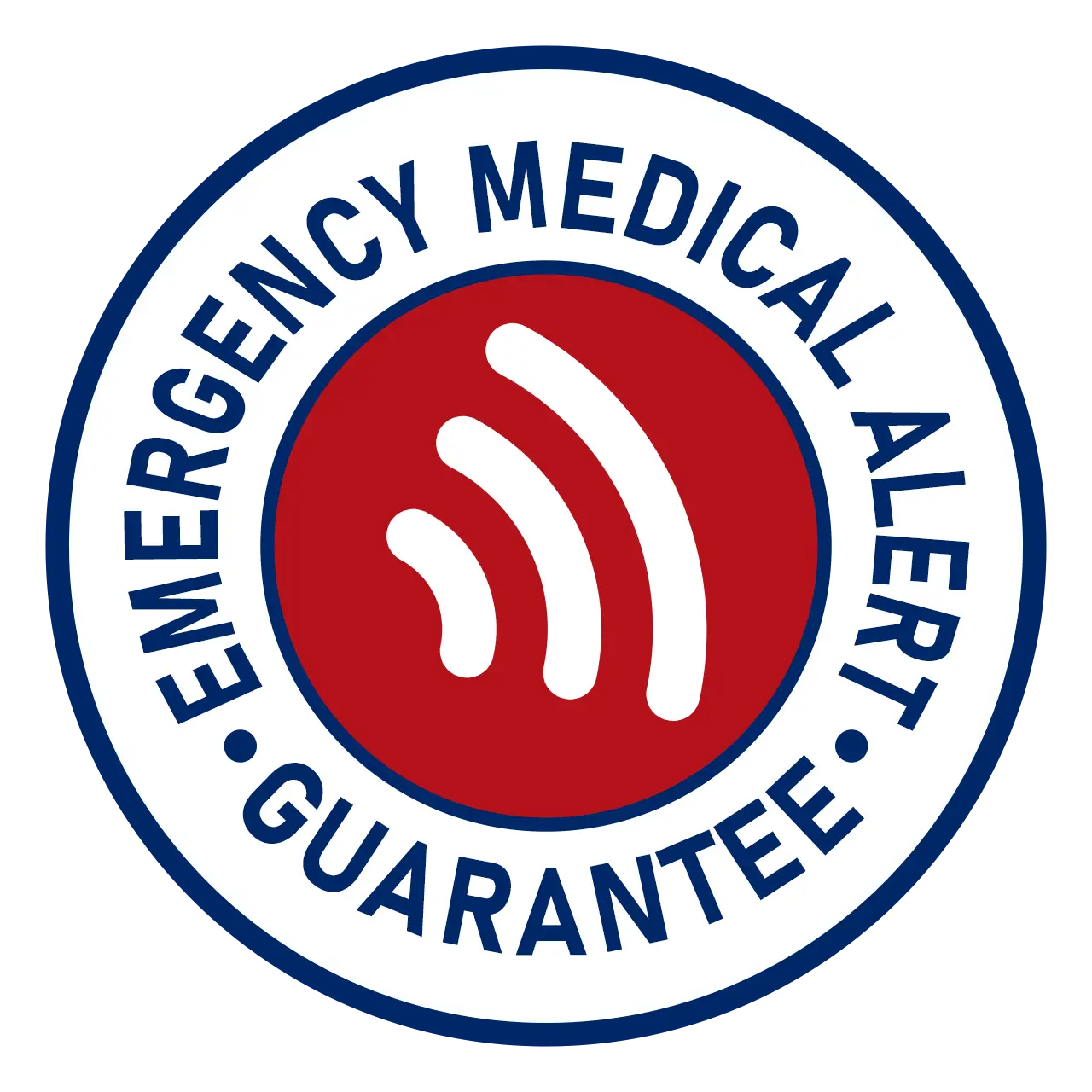What Is The Caregiver Tax Credit And How Do You Qualify?
Key Takeaway
The Caregiver Tax Credit helps Americans who support a dependent spouse, partner or relative with a physical or mental impairment by reducing their tax burden. Eligibility depends on the dependant’s relationship to the caregiver, their level of impairment and income. Claiming this credit can ease financial stress while supporting loved ones who need daily assistance.
The tax credit for caregivers functions as a financial benefit specifically designed to help people who provide care to physically or mentally disabled spouses, parents, or relatives.
This tax benefit reduces caregiving expenses because it recognizes the worth of family members who care without pay. The tax credit serves as an excellent source of compensation for individuals who offer daily care to dependent family members.
This article details what the caregiver tax credit entails, alongside its eligibility conditions, and demonstrates the procedure to claim it through your tax return.
Understanding The Tax Credit For Caregivers

Individuals who care for dependent members suffering from physical or mental disabilities qualify for a non-refundable tax credit through the American tax system.
The tax credit for caregivers allows you to decrease your taxable income, which consequently results in less tax liability. The government created this credit specifically to decrease caregiving expenses for individuals who perform duties that need professional help.
The tax credit exists as a financial acknowledgment of caregiving responsibilities that assist individuals who must reduce their work hours and incur additional expenses.
Each applicant who cares for an eligible relative, including spouse, parent, or child, can file for the tax credit for a single dependent.
The tax credit performs unlike a deduction because it lowers the actual taxes you need to pay rather than reducing your income.
Due to its nature, this financial aid provides better benefits to qualifying individuals. Payments for the credit depend on both the needs of the care recipient and the financial assistance received by the caregiver.
The purpose of the tax credit for caregivers is to ease the financial burdens caregivers experience. The tax credit contains particular requirements along with restriction rules for qualifying individuals.
How To Qualify For The Tax Credit Of Caregivers?
People who take care of dependents with disabilities receive financial tax benefits through this tax credit. The eligibility requires testing for daily dependency support from taxpayers, along with other specified requirements.
The following guidelines specify the terms for qualifying for the credit, together with the needed documentation.
Eligibility Criteria
Multiple essential requirements exist to obtain this type of tax credit status. A dependency test exists for two conditions: the recipient needs daily assistance and resides either with you or as a dependent family member.
To participate in the eligibility requirements, the dependent person must show physical or mental disability with a need for help with two or more activities of daily living (ADLs).
The caregiver must help with basic everyday activities, which include dressing as well as eating and bathing, and personal hygiene management.
The person who provides care needs to fulfill several specific conditions:
- The primary criterion is that you must contribute more than fifty percent towards the dependent's care cost.
- The dependent person needs to reside with you for a minimum period of six months throughout the year.
- Caring for the dependent throughout their daily routine while taking full responsibility for their supervision falls under your responsibilities.
Before claiming the tax credit, caregivers need to meet a minimum age requirement of 18 years and have yearly taxable income below $100,000.
Required Documentation
Proof of your eligibility status is mandatory for claiming the tax credit for caregivers; therefore, you must submit proper documentation. This includes:
- Proof of relationship to the dependent (e.g., birth or marriage certificates).
- Individuals require proof that the dependent faces disability problems and requires help with completing daily activities. Healthcare providers or doctors can provide the necessary proof.
- The tax authority requires documentation of payments exceeding 50% that you provided to support the dependent through medical expenses, together with housing, and any relevant support-related expenses.
You need to maintain precise documentation related to your qualifications because the tax authority will require proof of your eligibility.
How To File (Forms, Deadlines, etc.?)

Caregivers who want to claim the tax credit need to complete the required paperwork while meeting important deadline requirements.
The tax credit requires tax filers to utilize proper forms when they submit their tax return. The filing will normally require the use of IRS Form 1040 for U.S. individual tax returns. File the tax credit by including it as a separate schedule within the usual tax return documents.
A set of required forms includes:
- You will need Form 1040 when you file your taxes because it allows both income reporting and deduction, and credit declaration.
- You must file Form 8862 if you need to apply for any tax credits that relate to the caregiving tax credit, including the Earned Income Tax Credit.
- Additional medical expenses that you want to claim should be included in your filing of Schedule A.
- People have until the fifteenth day of April to submit their tax return for each annual filing period. Some instances allow you to request tax extension applications.
Being familiar with tax deadlines prevents you from forfeiting your chance to claim the credit.
Tips To Avoid Disqualification For The Tax Credit Of Caregivers
The following recommendations can stop you from losing your eligibility for this tax credit:
- Make sure the person under your care meets the dependent requirements while possessing the required disability evidence.
- Maintain proper records of dependent financial contributions by tracking receiving documentation and keeping track of all expenses spent on caregiving.
- The Tax Credit requires you to maintain an annual income below $100,000 because this is the maximum limit for its application.
- You must document proof of shared living arrangements because dependent residents must reside with you for at least 183 days every year.
- Review your file selection carefully to ensure proper form compliance and file all paperwork before deadlines to keep the credit benefits intact.
Adhering to eligibility guidelines plus maintaining organization will protect you from mistakes that could prevent your eligibility to claim this essential tax credit.
Conclusion
Anyone who provides care for disabled family members can benefit from using the caregiver tax credit as a valuable resource.
You can obtain the credit by satisfying the requirements and completing the necessary procedures for tax burden reduction. The best tax benefits come from proper documentation and early submission of tax returns.























